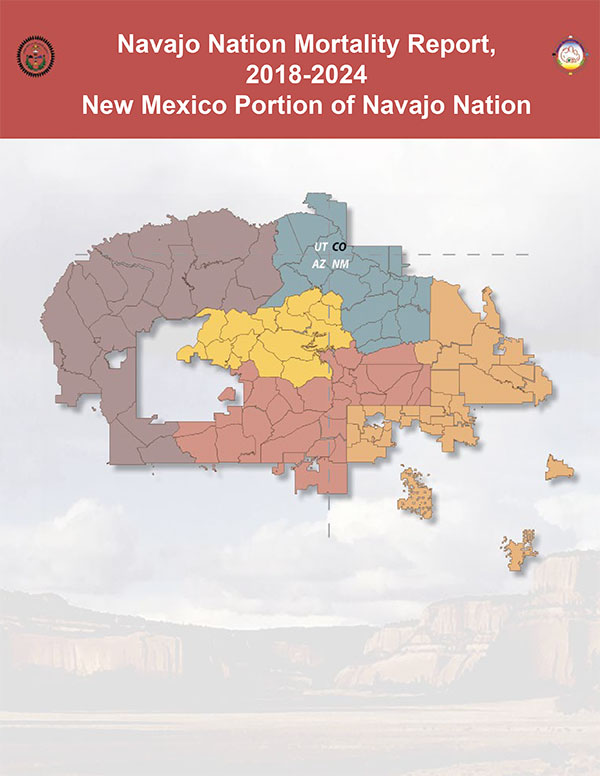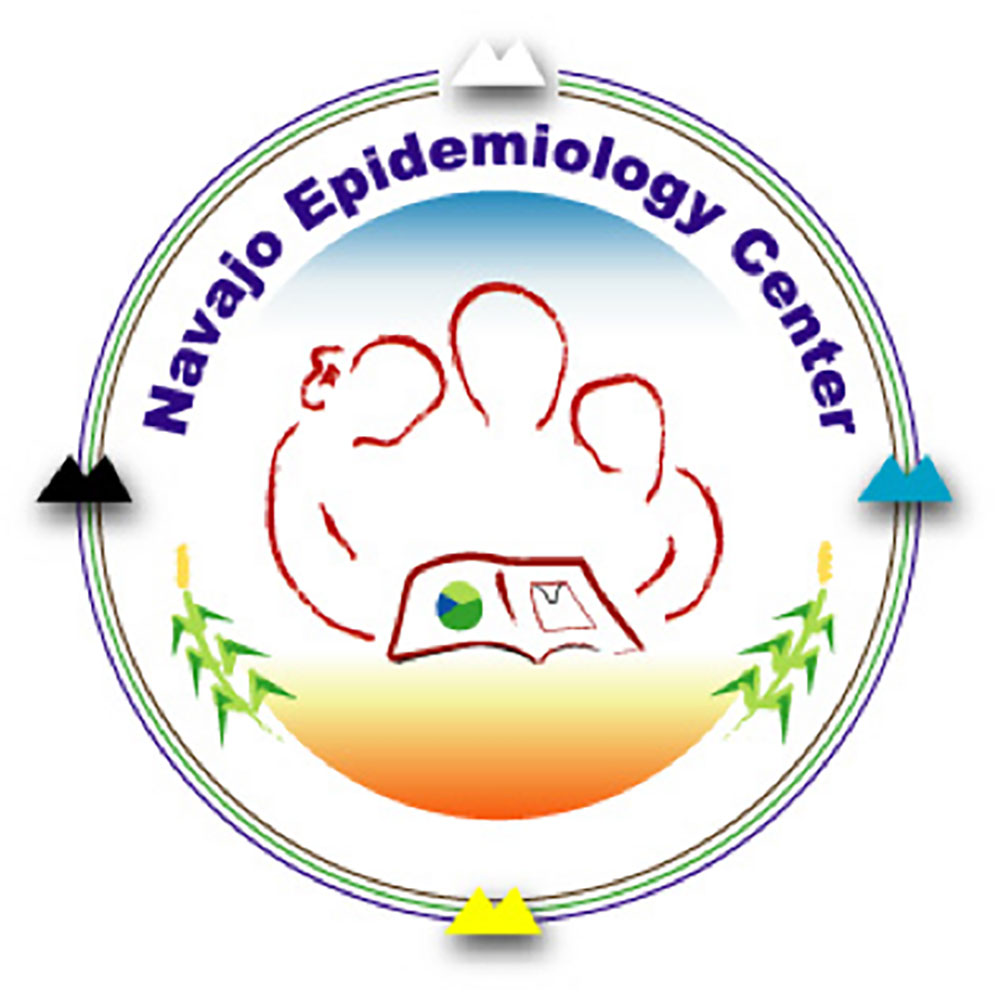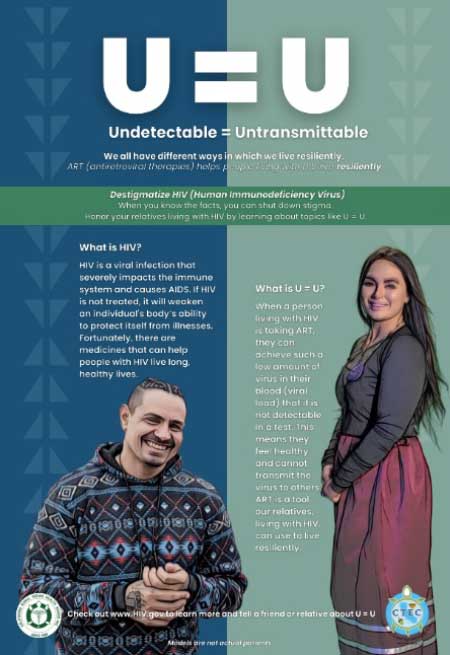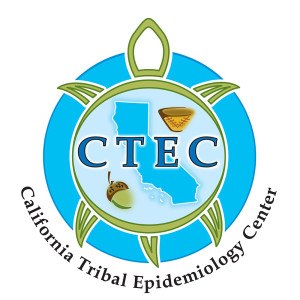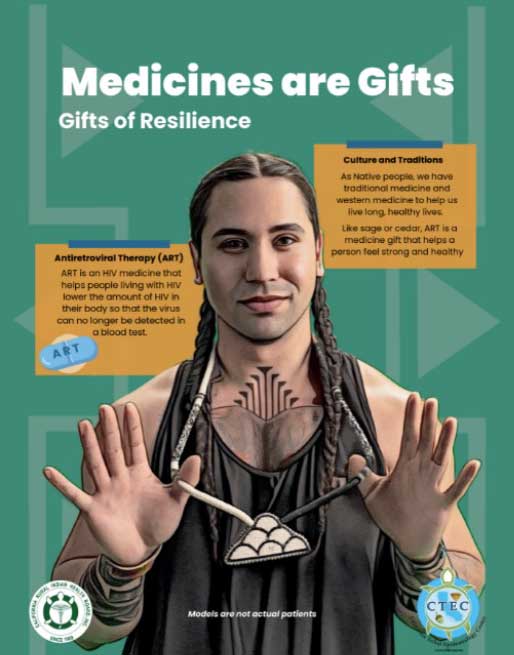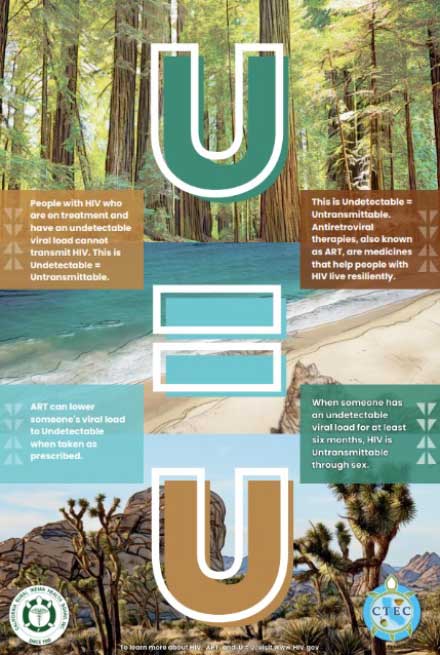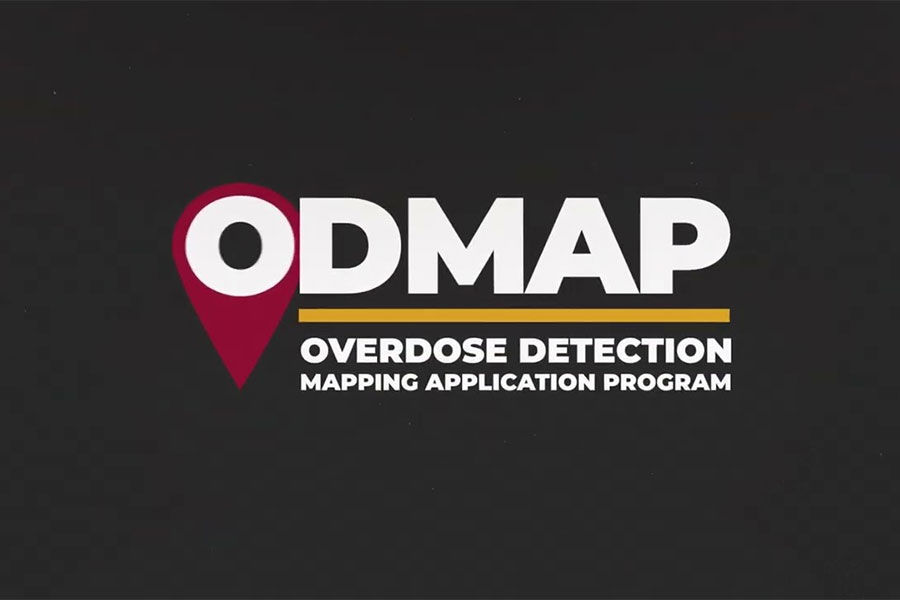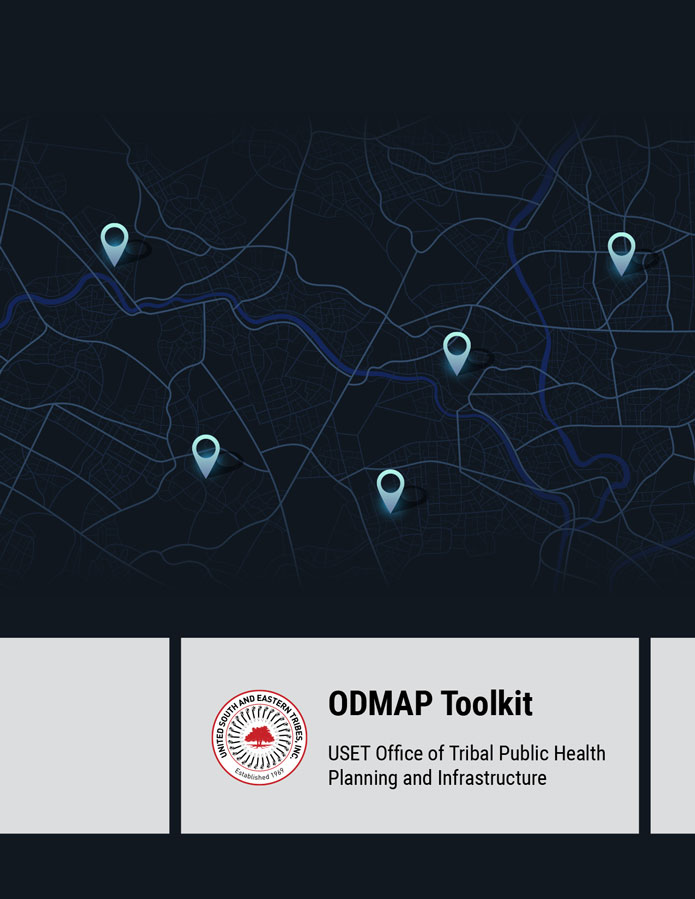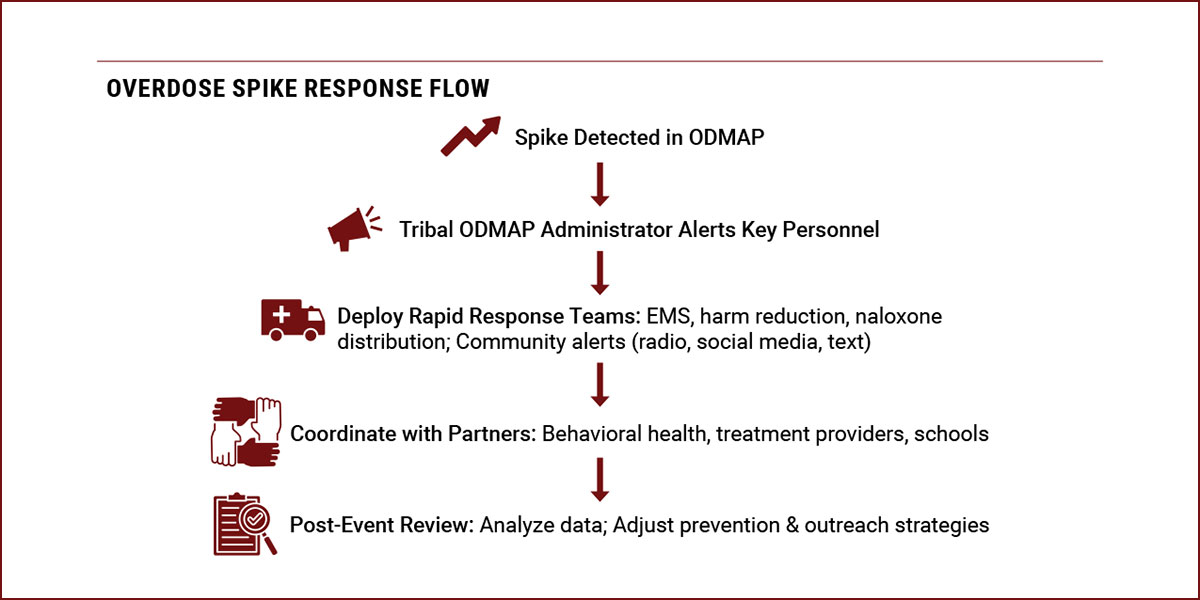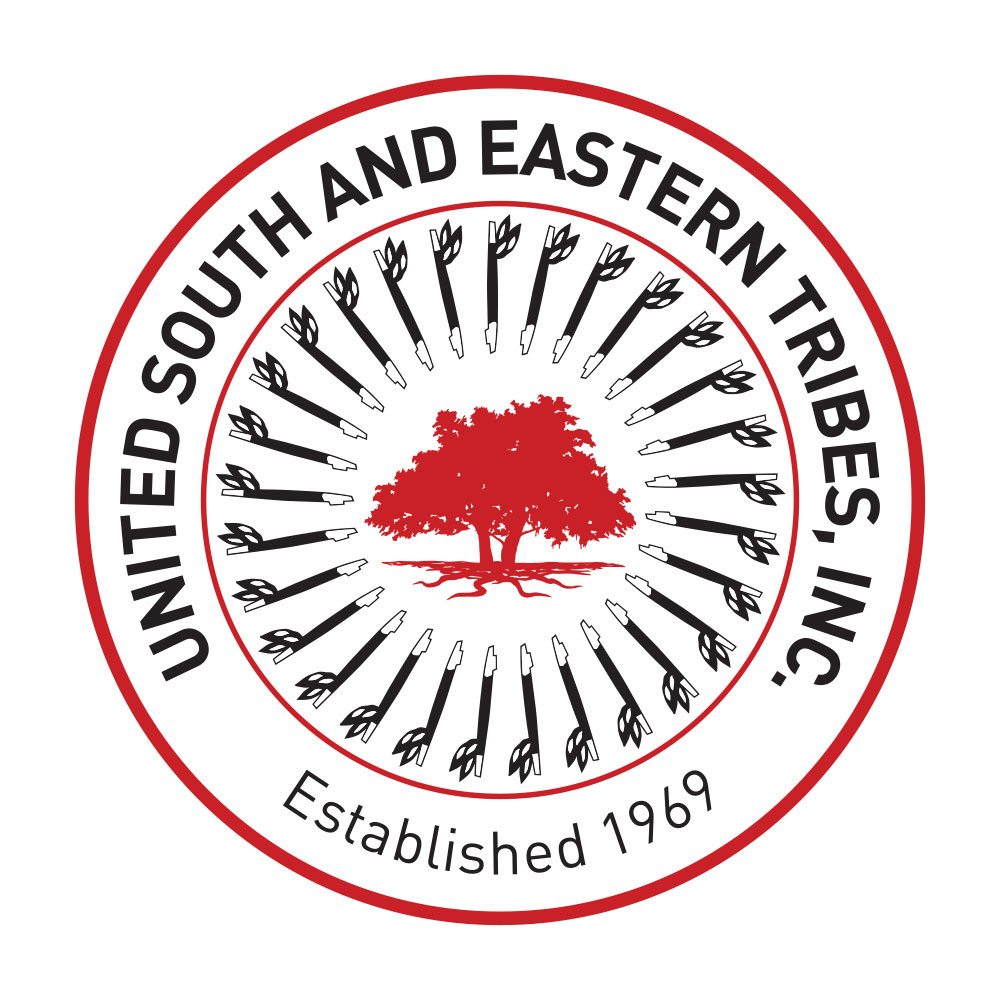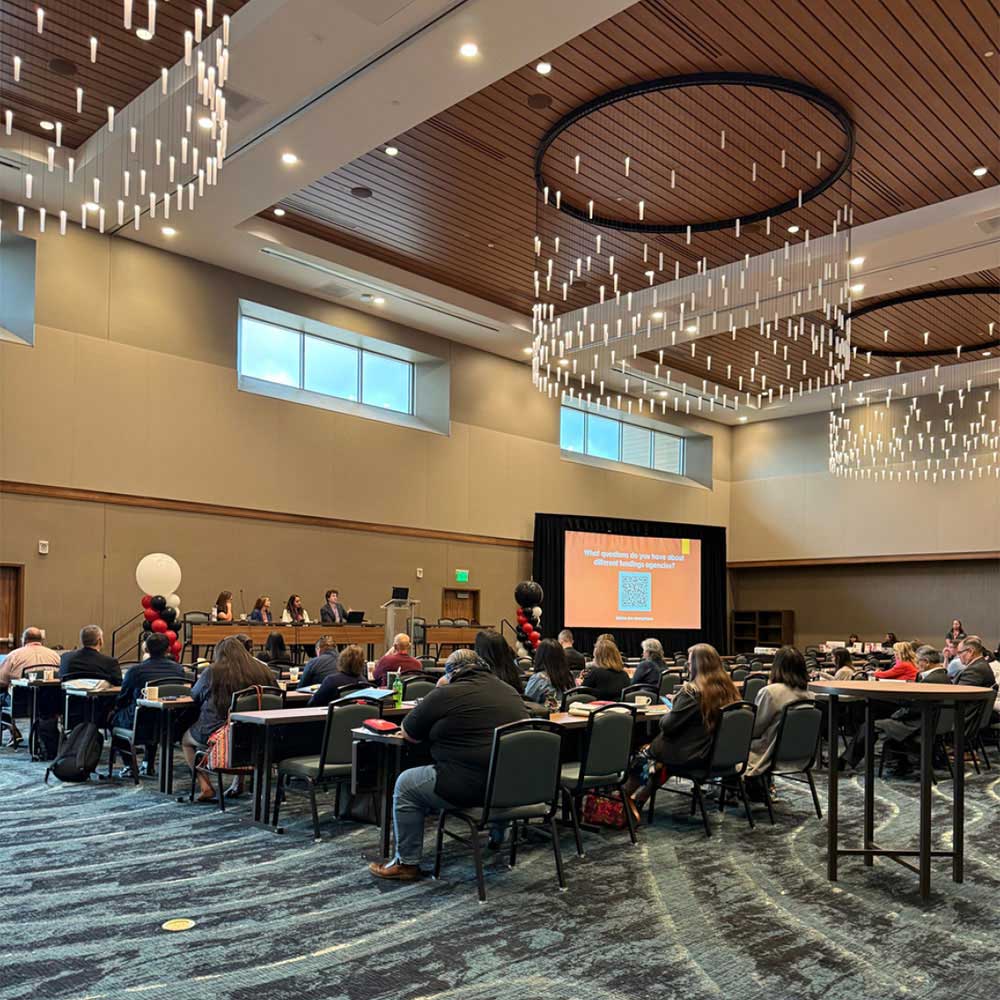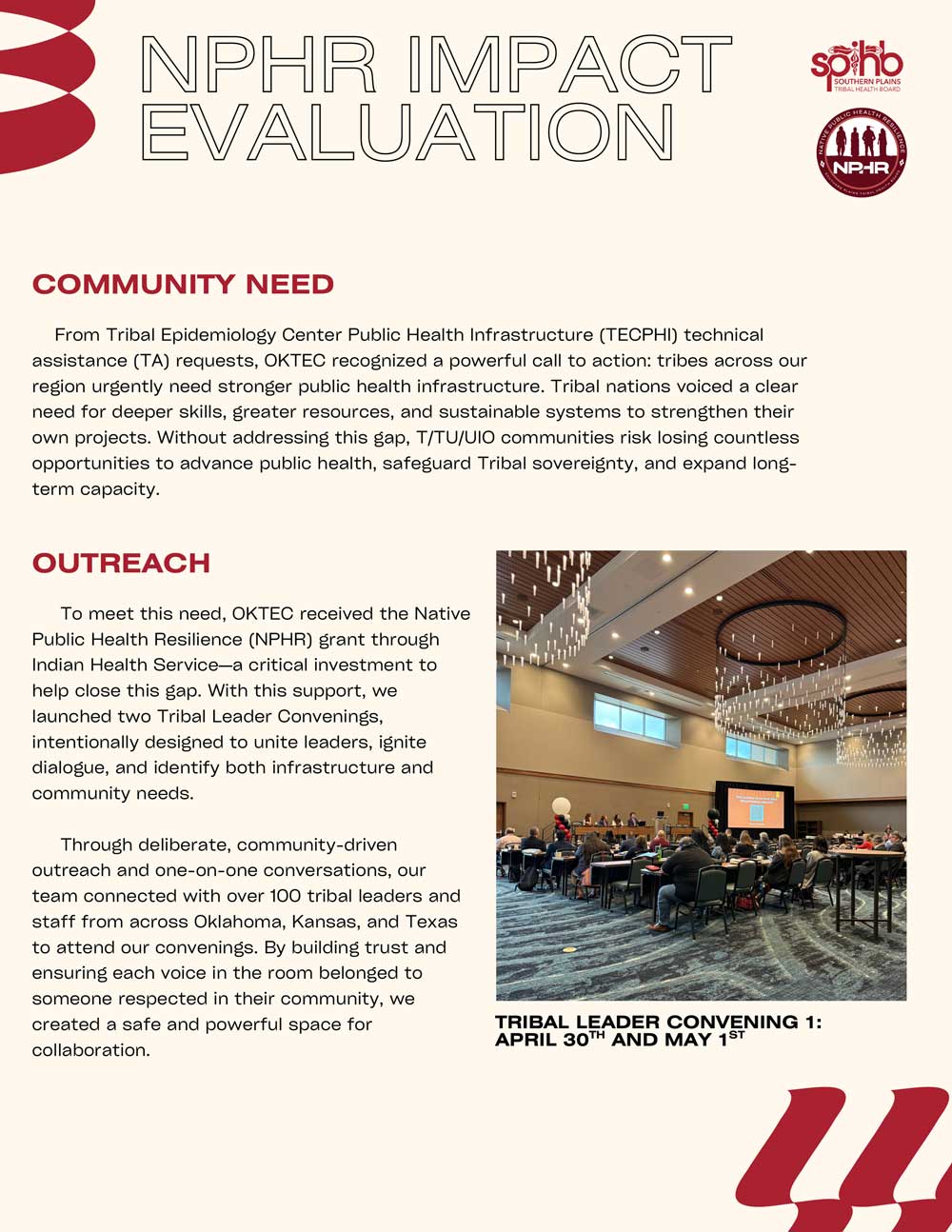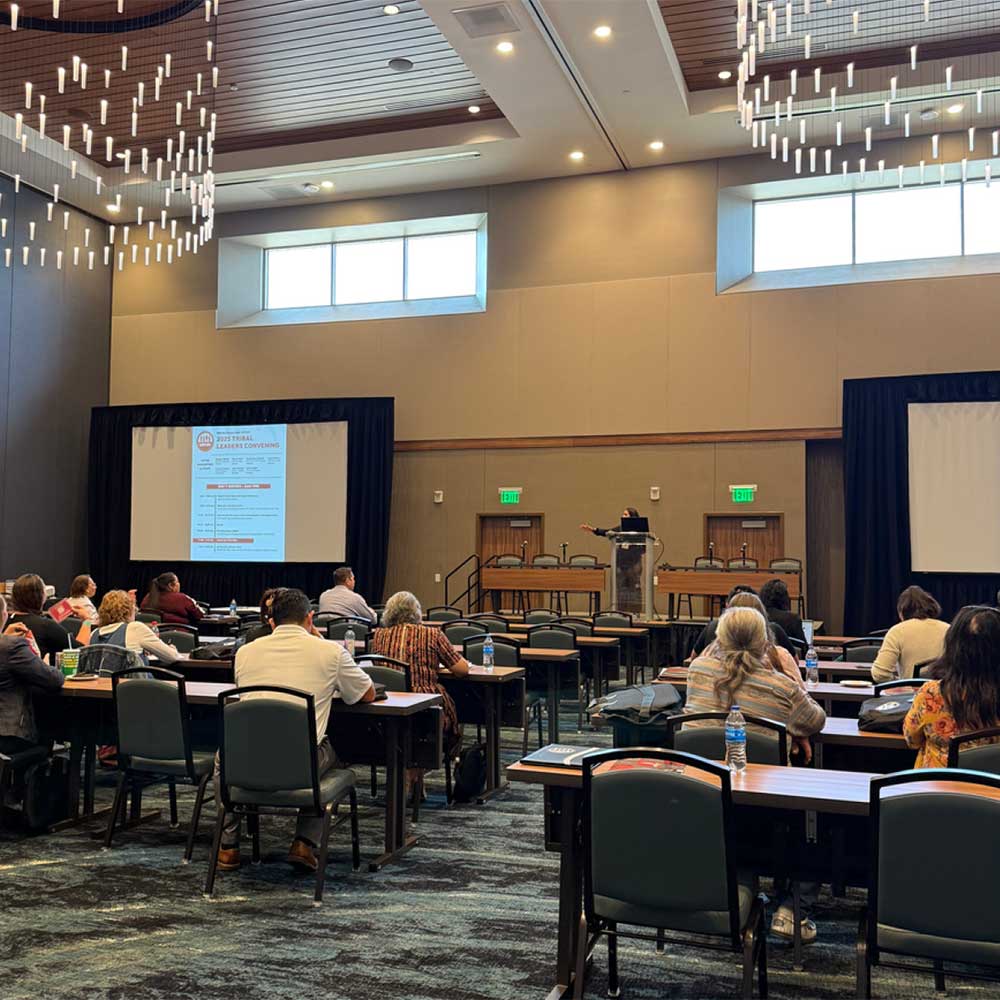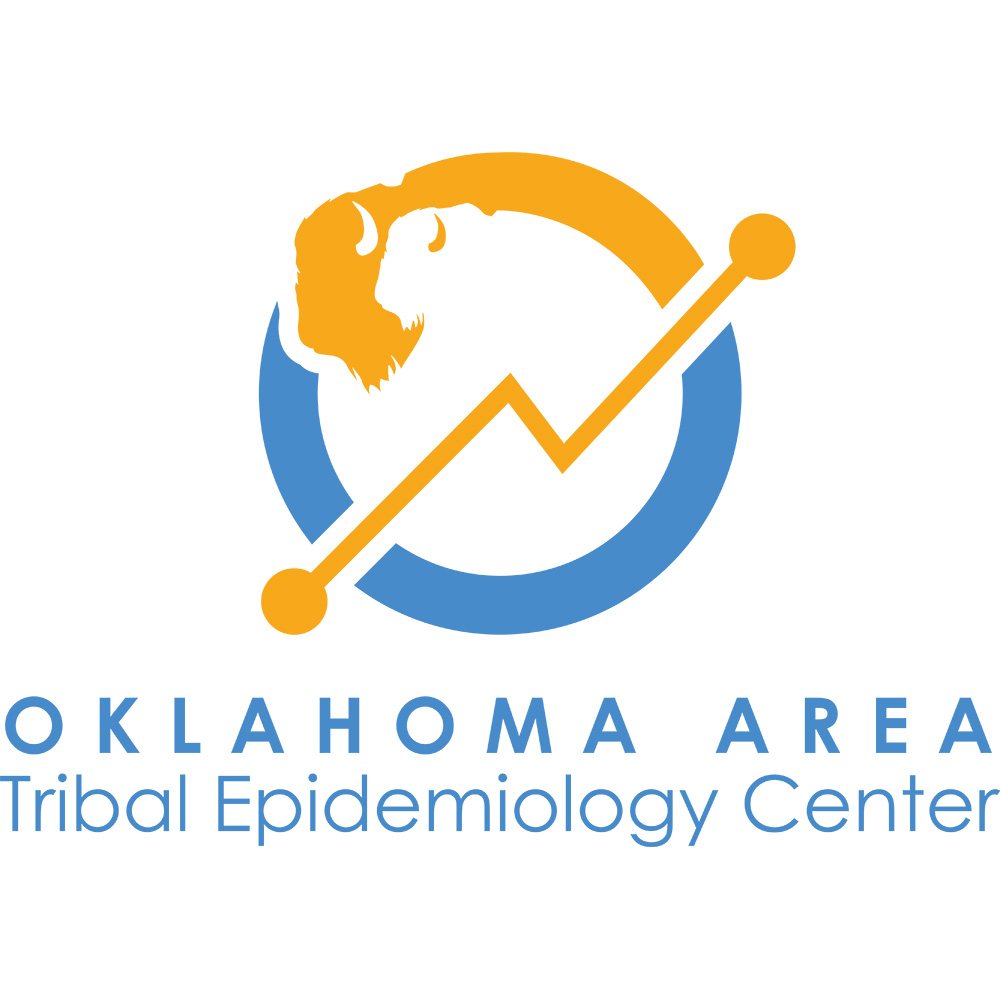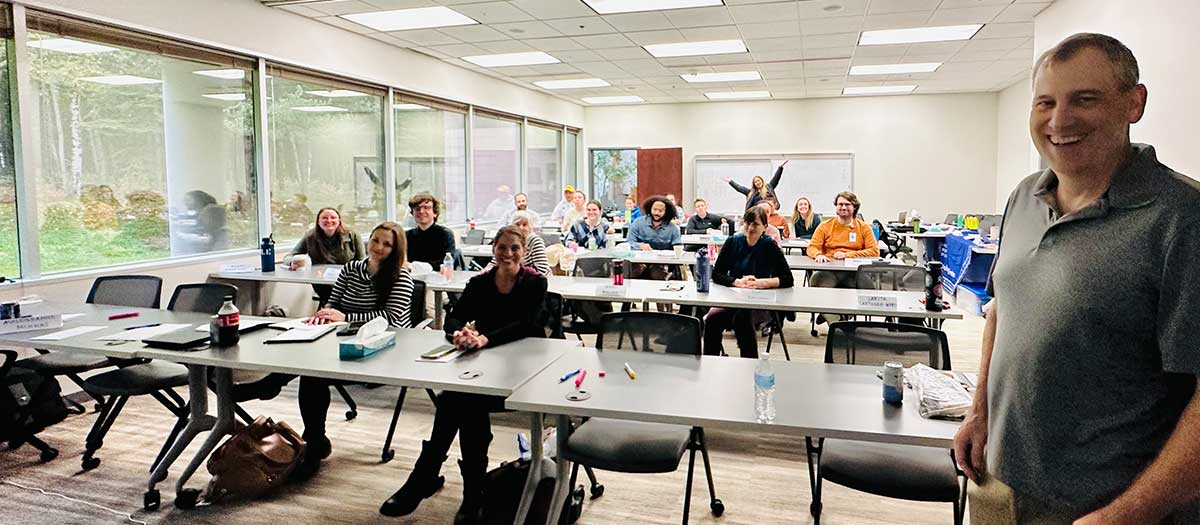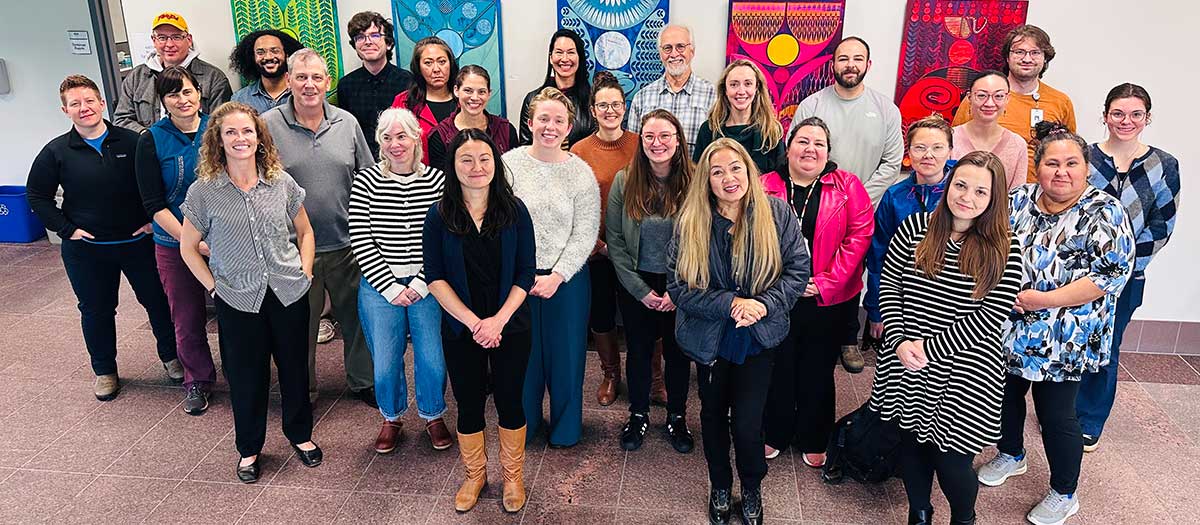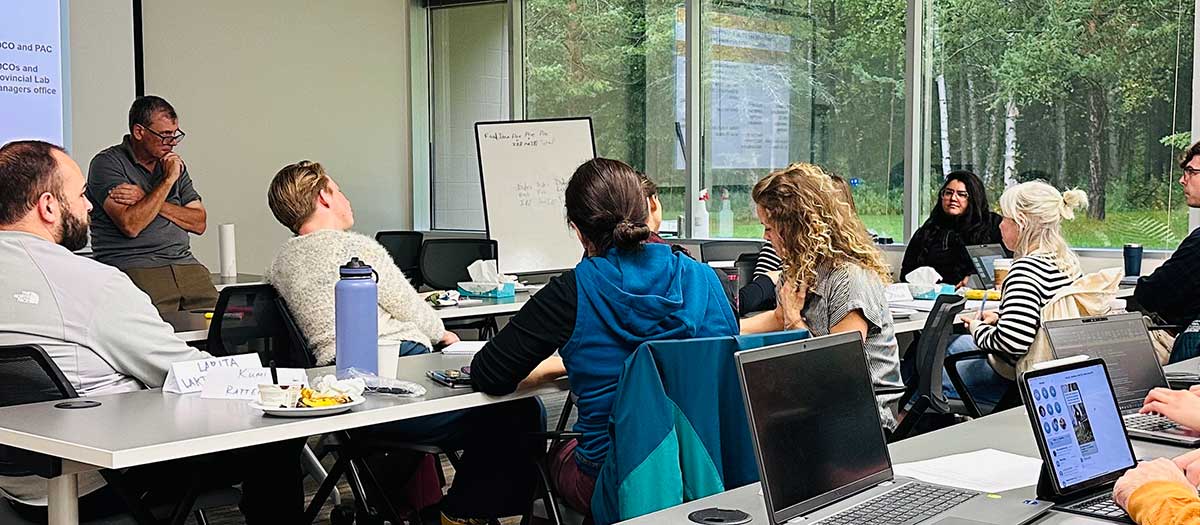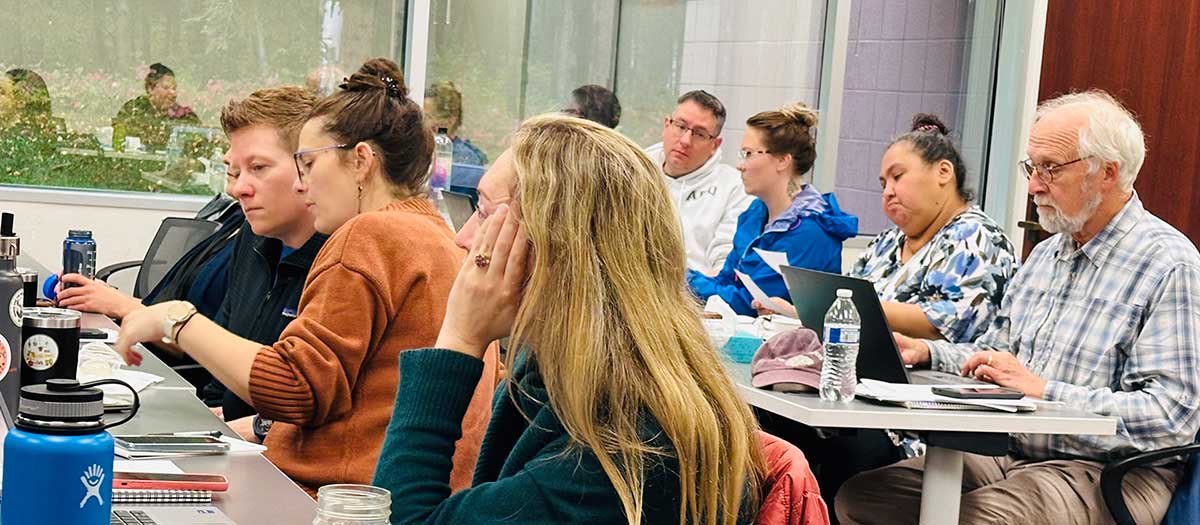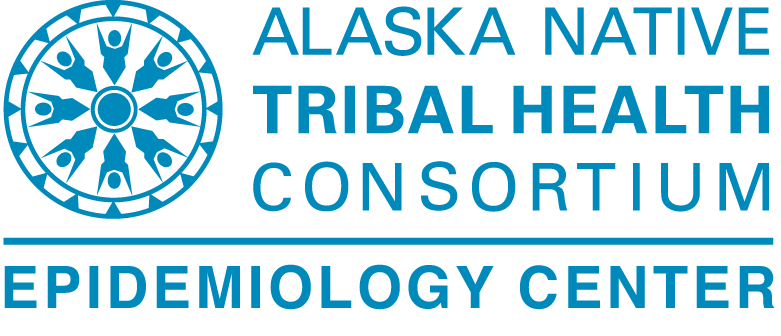In September, the Alaska Native Tribal Health Consortium’s (ANTHC) Alaska Native Epidemiology Center hosted a Basic Applied Epidemiology for Public Health Workers training to strengthen public health capacity and infrastructure. The goal of this training was to provide a practical, engaging, and applicable course focused for public health workers on key public health analysis and investigation methods, including but not limited to descriptive epidemiology, outbreak investigations, and quantitative methods.
The training brought together participants from ANTHC, Alaska Tribal Health Organizations, the State of Alaska Department of Public Health, and Anchorage Health Department to spend three days in person learning about applied epidemiological methods through a mix of lectures, group discussions, exercises, and case studies.
The agenda included a diverse array of topics, including sessions on:
- Rates, ratios, and proportions,
- Descriptive epidemiology,
- Analytic study design,
- Outbreak investigations,
- Questionnaire design,
- Sampling,
- Measures of association,
- Developing an analysis plan,
- Adverse childhood experiences, and
- Regression & modelling
Following the event, participants provided feedback about the value this training provided to them, including many positive reviews of the content. Participants shared that this was an “excellent training”, in particular the most useful parts being:
- “Real world examples tied into Alaska relevant scenarios;”
- “Getting practical experience with examples and guided exercises;”
- “Engagement and Alaska Native case studies;”
- “Case studies;” and
- “Networking with other people, learning more about ANTHC Epi, going through some exercises on outbreak investigation and study design;” among more.
